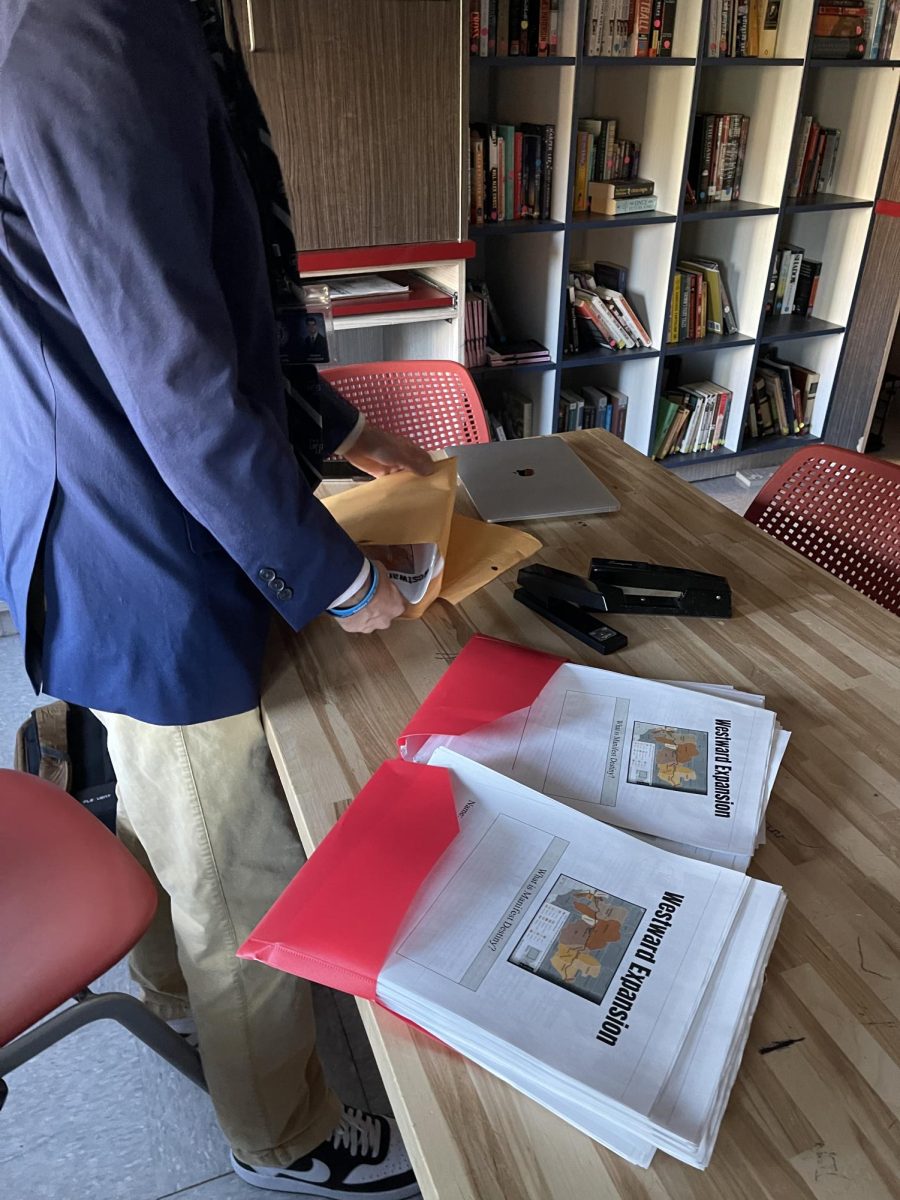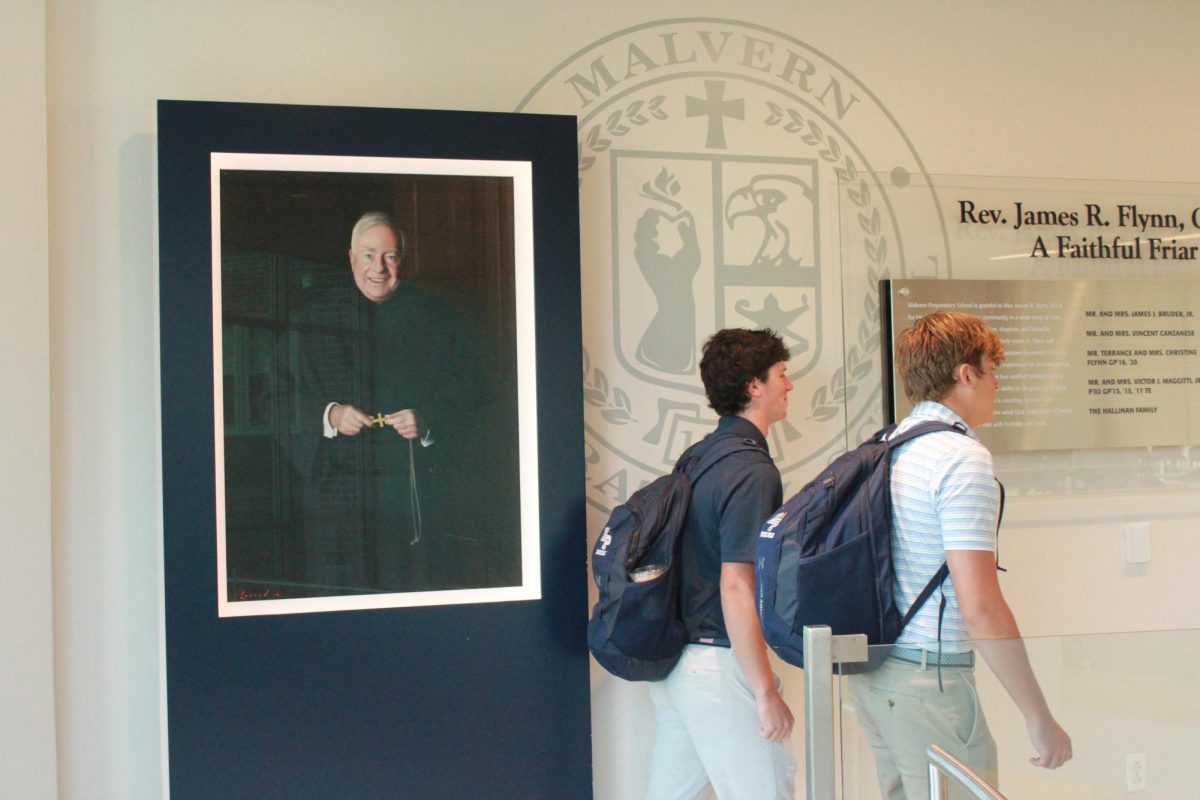For the first time, Mandarin Chinese is one of the language courses available to middle and upper school students

If you think that Spanish or French or Latin are hard languages, wait until you see the new language course.
Here at Malvern, Mandarin Chinese is being offered to both upper and middle school students at Malvern, taught by new teacher Mrs. Michelle DelGiorno.
There are currently two classes of the course, one upper school class, with ten students from all grades, and the middle school requires all eighth graders take the course for one quarter.
Mrs. DelGiorno was contacted in late December by Mr. Colameco, a history teacher here at Malvern. DelGiorno began learning Mandarin in 2002, and went to China to study abroad in college, where her oral skills were strengthened.
In class, DelGiorno teaches Simplified rather than Traditional Mandarin. Most of mainland China uses Simplified Chinese, although Traditional is used in the AP exams.
As a teacher, DelGiorno likes to tell the students not only of how to speak Mandarin, but the culture and history of China as well. She utilizes hand gestures to help memorization of numbers and words in Mandarin.
“Since Chinese culture is so vastly different [from ours],” she said, “It is important to immerse yourself into their culture. The series [of videos] I chose teaches the culture through the language.
According to the Federal Government, Mandarin Chinese is one of the hardest languages to learn for native English speakers, along with Korean, Japanese and Arabic. “The disconnect between the written and spoken language… and the differences in culture can make it very difficult to learn,” said DelGiorno
When teaching, Mrs. DelGiorno makes sure that she takes things slow in the classroom, especially since Mandarin is such a different language not only from English, but from the other languages offered at Malvern. Repetition is used a lot in the classroom, as one wrong intonation or one wrong stroke could mean something entirely different in Mandarin. “There is no magic formula,” she said. “There is a lot of memorization.”
When asked if speaking or reading Mandarin is harder, DelGiorno said, “I would say reading it is harder, because there is a lot more time and practice [that goes into it], and there is no rhyme or reason.”
“But, a lot of the sounds and tones repeat,” she went on to say, “So if you could master that, it would make your life easier.”
Although the Mandarin program at Malvern is just in its infancy, there is a lot of potential for the program, as it is something totally new and different from the Spanish, French or Latin courses here. With the guidance of Mrs. DelGiorno, Mandarin can certainly become a popular language course, further widening Malvern’s horizons in what it teaches on campus.







